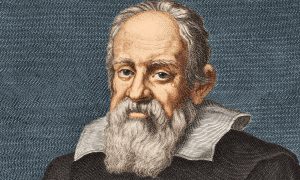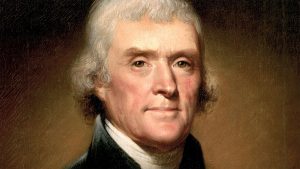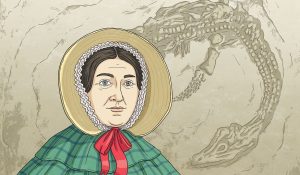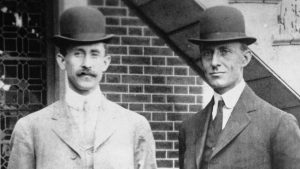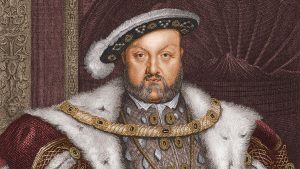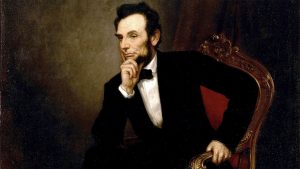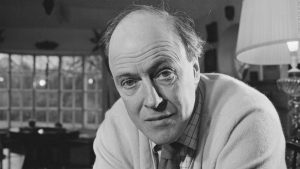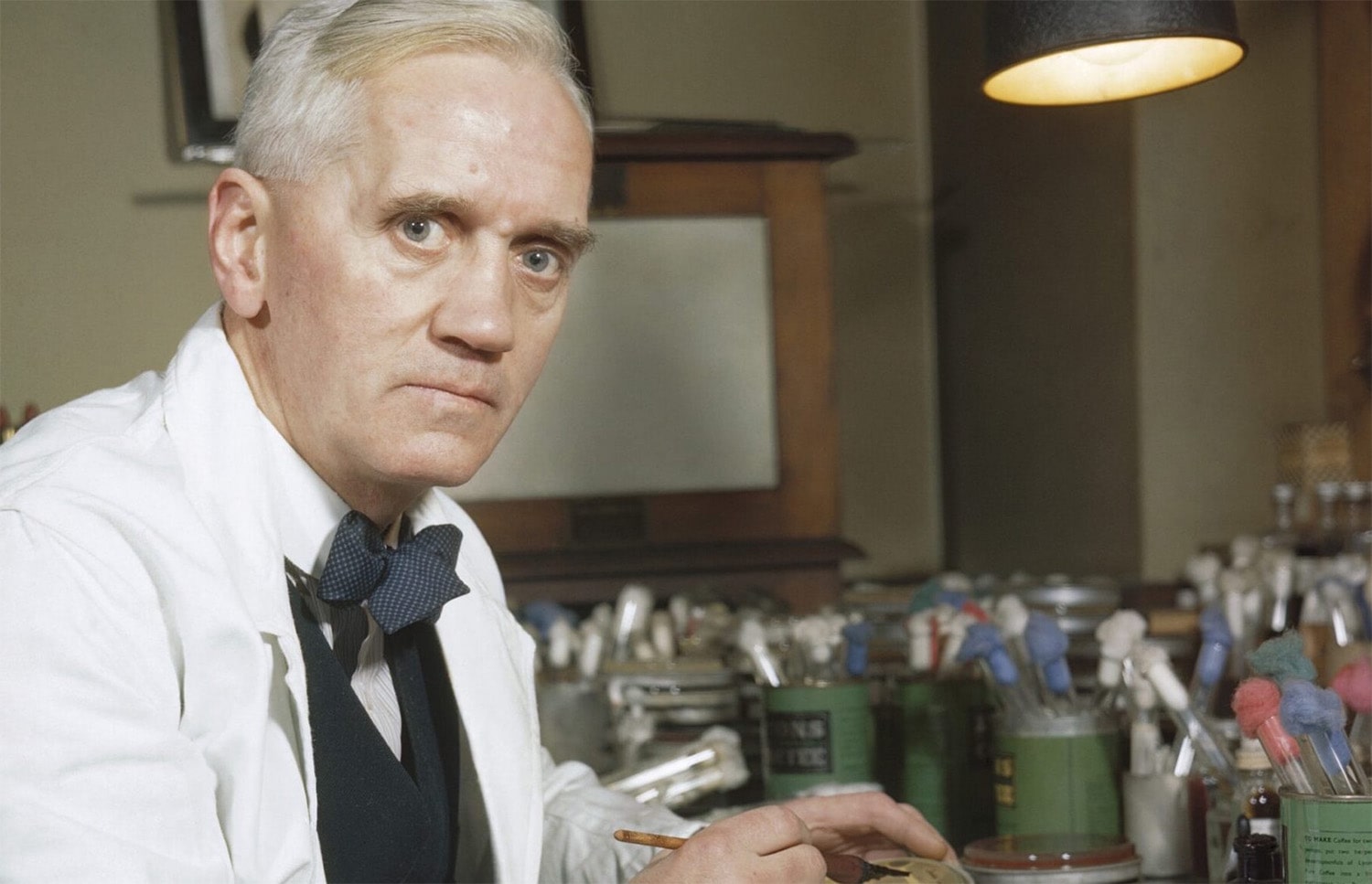
34 interesting facts about Alexander Fleming
- 👁️ 475
Alexander Fleming is a name that resonates through the halls of medical history, credited with one of the most significant discoveries of the 20th century. Born into a farming family in Scotland, Fleming’s journey from the countryside to the laboratory bench is a testament to the power of curiosity, observation, and serendipity in scientific discovery. His accidental discovery of penicillin changed the course of medicine, introducing the era of antibiotics and saving countless lives from bacterial infections. Beyond his most famous discovery, Fleming’s life and work are filled with interesting facets that highlight his contributions to science and humanity. Here are 34 interesting and informative facts about Alexander Fleming and his remarkable contributions.
- Alexander Fleming was born on August 6, 1881, in Lochfield, Scotland.
- He was the seventh of eight children in his family.
- Fleming initially worked in a shipping office before pursuing a career in medicine.
- He served as a lieutenant in the Royal Army Medical Corps during World War I, where he witnessed the deaths of many soldiers from sepsis.
- Fleming graduated from St. Mary’s Hospital Medical School, London, now part of Imperial College London.
- His discovery of penicillin occurred in 1928 when he noticed that a mold (Penicillium notatum) had contaminated a petri dish of Staphylococcus bacteria and killed the bacteria around it.
- Fleming was knighted in 1944, becoming Sir Alexander Fleming.
- He shared the 1945 Nobel Prize in Physiology or Medicine with Howard Florey and Ernst Boris Chain for the discovery of penicillin and its curative effect in various infectious diseases.
- Fleming warned early on about the possibility of bacteria developing resistance to penicillin.
- The term “penicillin” is derived from the mold genus Penicillium, which Fleming studied.
- Before discovering penicillin, Fleming discovered lysozyme, an enzyme with mild antibacterial properties, in 1922.
- He was a member of the Pontifical Academy of Sciences.
- Fleming married Sarah Marion McElroy, a trained nurse, in 1915.
- He was elected a Fellow of the Royal Society (FRS) in 1943.
- Fleming’s discovery of penicillin is considered one of the greatest accidents in medical history.
- Despite his monumental discovery, Fleming was known for his modesty and often downplayed his role in the development of penicillin.
- The original penicillin culture mold is kept at the Alexander Fleming Laboratory Museum in London.
- Fleming unsuccessfully attempted to convince chemists and pathologists of penicillin’s potential for several years before Florey and Chain developed it into a drug.
- He was the Rector of the University of Edinburgh from 1951 to 1954.
- Fleming’s hobbies included watercolor painting and fishing.
- The laboratory in which he discovered penicillin has been restored to its 1928 condition and is part of the museum dedicated to his life and work.
- Fleming died of a heart attack on March 11, 1955, in London.
- His ashes were interred at St. Paul’s Cathedral, London.
- Fleming’s discovery of penicillin has been hailed as the start of the antibiotic age.
- He received the Medal of Freedom from the United States in 1947.
- Fleming himself described his most famous discovery as a “fluke.”
- The first patient successfully treated with penicillin was in 1942.
- Fleming’s work has been commemorated on postage stamps issued by several countries.
- Despite the global impact of his discovery, Fleming lived a relatively modest life.
- Penicillin was mass-produced in time to treat wounded soldiers by the end of World War II.
- Fleming predicted the rise of antibiotic resistance, a major challenge in contemporary medicine.
- He attended two Nobel Prize ceremonies: his own in 1945 and that of his son, Robert Fleming, in 1958.
- Alexander Fleming was featured in Time magazine’s list of the 100 Most Important People of the 20th Century.
- A crater on the moon is named after him, commemorating his contributions to science and medicine.
The story of Alexander Fleming is a compelling chapter in the history of science, demonstrating the impact of curiosity-driven research and the serendipitous nature of discovery. His work laid the groundwork for the development of antibiotics, revolutionizing the treatment of bacterial infections and altering the course of modern medicine. Fleming’s legacy is not only in the lives saved through his discovery but also in his approach to scientific inquiry, reminding us of the importance of observation, experimentation, and humility. As we continue to face challenges like antibiotic resistance, Fleming’s contributions and warnings remain ever relevant, guiding future generations in the quest to protect and advance human health.
